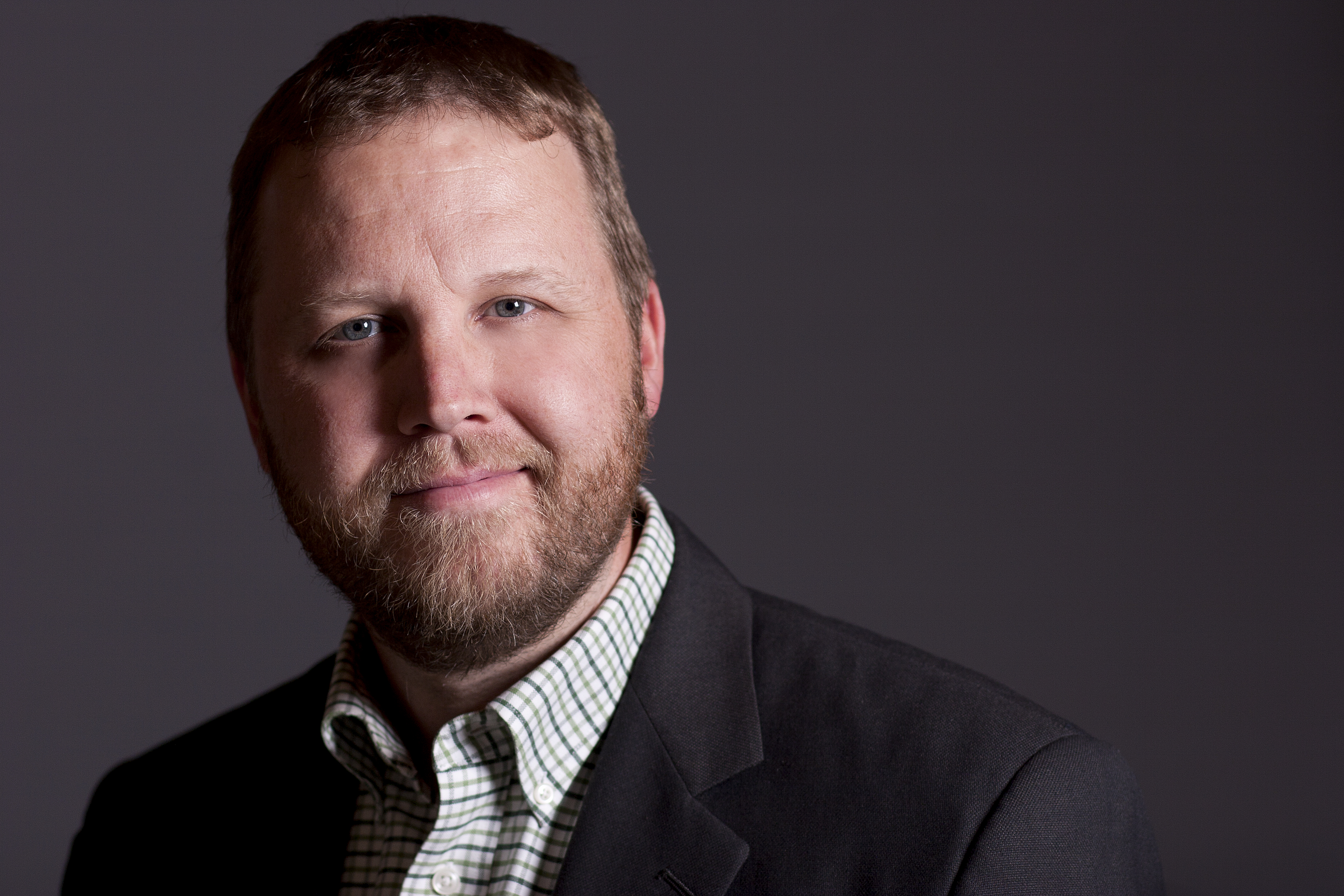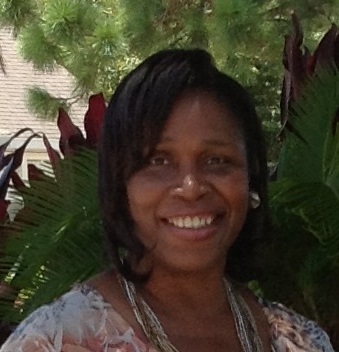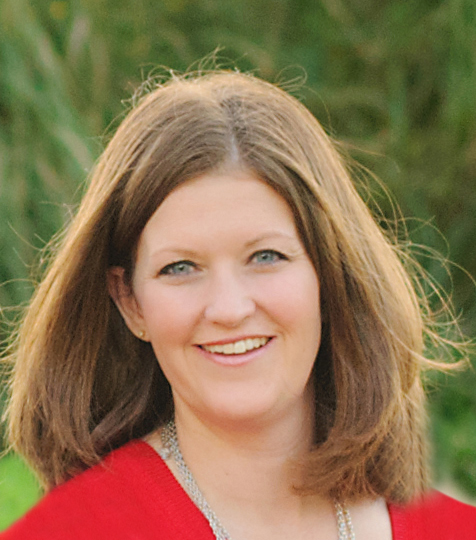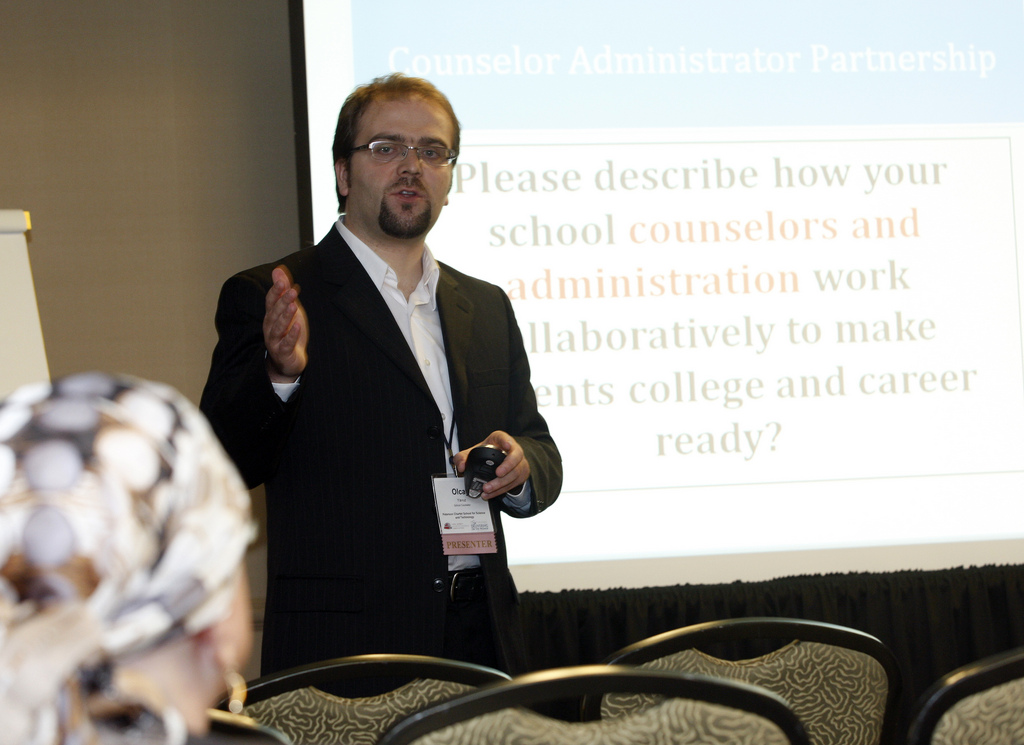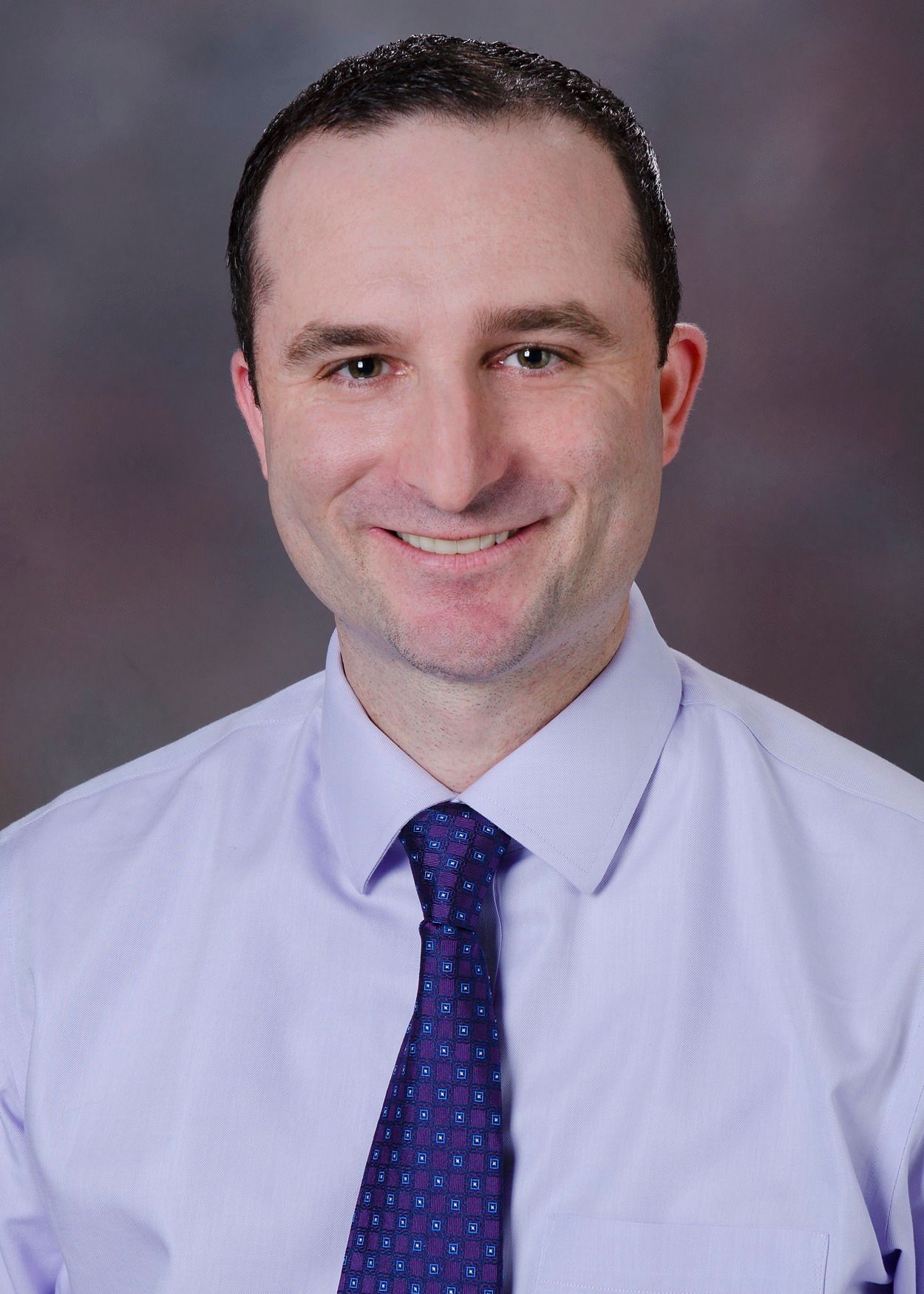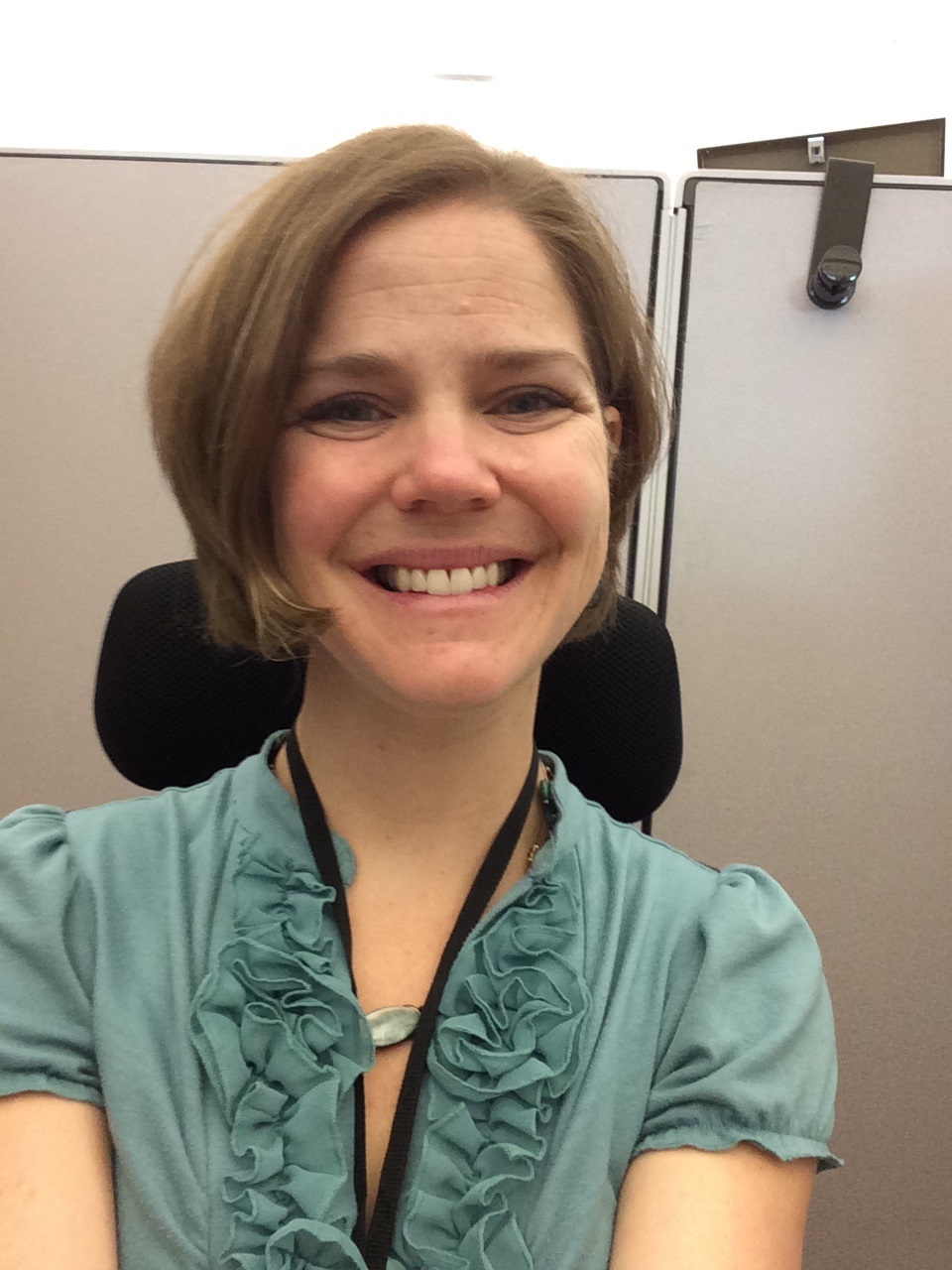The LeadersCPED graduates are leaders who work to ensure the success of everyone within and beyond their reach. Dr. Joshua Symonds
Co-Host of Roll Call - The podcast for educators, administrators, and school leaders who want to be at the forefront of independent school management. Current Role
EdD Degree
What was it about your program that lead you to choose this designation? My program found a balance between the theory and practice needed to lead a change process within our specific educational context. I found that this sparked a desire to question the educational status quo and assist in the collaboration that is required to move an organization through innovation and change. What influenced you to pursue an EdD? It was without a doubt my own desire to learn. I had many folks ask me “why” once I had been accepted into the EdD program at Western. I found the simplest answer to be the most honest and most truthful. I wanted to complete an EdD because I wanted to continue to learn and expand my scope of influence on the educational landscape. What impact did your program have on your professional practice? What knowledge, skills, and/or dispositions did you gain to become a Scholarly Practitioner? Perhaps the most profound impact on my professional practice would be regarding the need for a deeper exploration of the relationship between scholarly work and professional practice. We need a well balanced approach that allows teachers to take the time to keep up to speed with the latest advances in education while at the same time resisting the urge to jump on the pendulum without an analysis on our own educational contexts. It is more about finding the right fit for your context than it is about the next great educational discovery. It is as much an art as it is a science and as scholar/practitioners we should have a solid grasp on both concepts. What impact did your Dissertation in Practice have and on whom? I feel like that is yet to be determined. I can see inroads and openings for change but since my program only finished a month ago we will have to wait. Maybe I will update this form in a year or two. How are you currently influencing the field of education? Other than through my daily work as a school administrator, which is where the majority of my influence would be felt, myself and a colleague have started a podcast. We have published 10 episodes and there are more to come. What would you tell a prospective EdD student? I would say: “Make it yours.” Do your research, chose a program that offers you what you are looking for and fits your family and lifestyle. We are so lucky to have an excess of options in the graduate academic world. My degree was completely online and fit with my work/family/leisure life. There were definitely priorities to be established, sacrifices made, and plenty of discipline needed, but if you find the right fit and understand what you are getting yourself into you are well on your way. Dr. Abby Volmer
A true leader leans in to a group of professionals around a common problem and analyzes, evaluates, debates, and finally collaborates in creating a plan, process, or product that will disrupt the status quo, innovate practice, teach others, and ultimately change and improve education. Current Role
EdD Degree
Enhanced Skills
How the EdD Degree has Improved PracticeAs the Federal Programs director, I am working with our social workers, counselors, and Title staff to provide our homeless, ELL, neglected, foster care, and struggling reader students the best environment and education they can receive to disrupt as much as possible the negative influences their situations may play on their education. I am currently working with classroom teachers on developing curriculum and assessments that support student mastery of the rigorous math standards recently adopted by state legislation. I am collaborating with administration on providing professional development that increases the capacity of staff in the use of technology to provide students the opportunity for academic growth and creative thinking. I am working with administration and staff to understand the connections between brain-based instruction and learning, student-engagement, and trauma. Advice to Prospective EdDsYou are going to feel discomfort. You are going to be pushed to view ideas from different perspectives that may make you initially feel uncomfortable. Understand that with growth comes failure and revision. These very things will make you grow as a leader and a person. Embrace them. It’s worth it. Dr. Mary R. Conage
The positive interactions I had with UF faculty during this time (particularly Dr. Dana) made me feel assured that I would be engaging in a high quality program that would facilitate my professional growth. Current Role
EdD Degree
Enhanced Skills
How the EdD Degree has Improved PracticePerhaps the greatest impact my program had was in making reflection an intentional part of my professional practice. This “strategic reflection,” as I think of it, is enhanced by the knowledge I gained of how to critically review research literature and its implications. I began the program with a disposition of wanting to always appear certain, like I knew exactly what I was doing as an educator. Over the course of the program, that disposition shifted to one of much greater honesty and transparency about how much I didn’t really know or understand. It serves me well, though, because it positions me to learn a lot more than I did previously. My dissertation in practice has impacted my school district’s strategic plan, professional development offerings, curriculum guides, instructional walkthrough documents, and classroom instruction. Advice for Prospective EdD StudentsMany of us entered the education profession to make a difference, and this program will absolutely prepare and position you to do that. More importantly, though, this program will give you an opportunity to be different—to be more insightful, more honest, more committed, and more effective in your practice. There is a certain vulnerability in being a learner, but there is also immeasurable reward. If you’re going to make this commitment, give yourself permission to be transformed both personally and professionally. The world of education needs who you are going to be. "My EdD Program has provided me with the tools needed to effectively communicate, analyze, and prioritize the expectations set within my profession. These tools have helped my performance by increasing my precision, expertise, and knowledge." Dr. Haley LeeAnn Beyer
About HaleyHaley LeeAnn Beyer earned her EdD in Professional Leadership in 2014 from the University of Houston. She originally decided to pursue her EdD for career advancement and her program’s timeline. However, upon completion of her program, she boasts a newfound knowledge of law and administrative duties, as well as a better understanding of how to communicate with staff and parents. Advice for Prospective EdD StudentsEmbarking on an EdD is a challenging and time consuming commitment; however, any time spent away from family and work is, in the end, worth the sacrifice. Dr. Olcay Yavuz
The PhD will help you better understand educational issues but the EdD literally helps you solve problems. I chose an EdD because the work focuses more on solving problems of practice in education. For me, I have learned to define and solve problems in my school district while giving me confidence to manage and lead educational change. About OlcayOlcay Yavuz is an Assistant Professor of Educational Leadership and Policy Studies at Southern Connecticut State University. Olcay earned his EdD in Teacher Leadership in 2014 from Rutgers University. He chose an EdD because the work focuses more on solving problems of practice in education. The program taught him work collaboratively with teachers, school counselors and administrators to develop manage and lead comprehensive school counseling programs that support a research-based and holistic approach to help underrepresented urban students graduate from high school and prepare for college and career. Dr. Ryan Palmer It sounds cliché, but I literally would not be where I am today without my EdD. I thought I would use the degree to move up administratively. However, as I progressed through the program I realize that an EdD is unique. It allows you to straddle both administrative and faculty roles in a university. In my role, I have a great opportunity to apply the practical side of the EdD in curriculum development, grant work and educational research. The EdD really was my “golden ticket” to get to the professional career I had always wanted. About RyanRyan Palmer is the Clinical Assistant Professor of Family Medicine & Director of Curriculum Evaluation and Development Department of Family Medicine at Oregon Health & Science University. Ryan earned his EdD in Post Secondary Educational Leadership in 2013 from Portland State University. The EdD made sense since while he was a working professional and it specifically targeted his educational leadership career aspirations. The program helped him to enact self-motivation and focus, and to become an expert in his field of research, so much so that his colleagues now come to him seeking educational research information. Dissertation AwardCPED Dissertation in Practice Award Winner 2014 for Exploring Online Community Among Rural Medical Education Students: A Case Study Advice for Prospective EdD StudentsHave a compelling reason why you are getting your EdD before you start. It’s just too difficult of a process to not have a pressing reason why you are doing it. That compelling reason will help you stay focused when things get difficult. Set your completion date and stick to it, no matter what. Dr. Janet L. Larson
Investigating problems of practice in a cohort setting while pursing my EdD was a perfect fit. This became particularly serendipitous when I transitioned from the classroom to a district position that presented other inquiry opportunities. About JanetJanet Larson is a Curriculum and Instruction Specialist. Janet earned her EdD in Educational Studies in 2014 from the University of Nebraska Lincoln. She pursued this degree and program because she had questions she could not answer in her practice and wanted to immerse herself in more opportunities to answer these questions. Her degree has broadened her view for making leadership decisions. She examines the intricacies of situations to better understand the theoretical, political, and practical ramifications for various stakeholders. Advice for Prospective EdD StudentsLife isn’t about finding yourself. Life is about creating yourself. As practitioners in the 21st century, we must undertake advanced study to generate new knowledge and become stewards for our students and ourselves. Embrace the ambiguity and complexity of education while learning alongside others. It is only through constructive struggle that educators are able to grow and become better advocates. |

